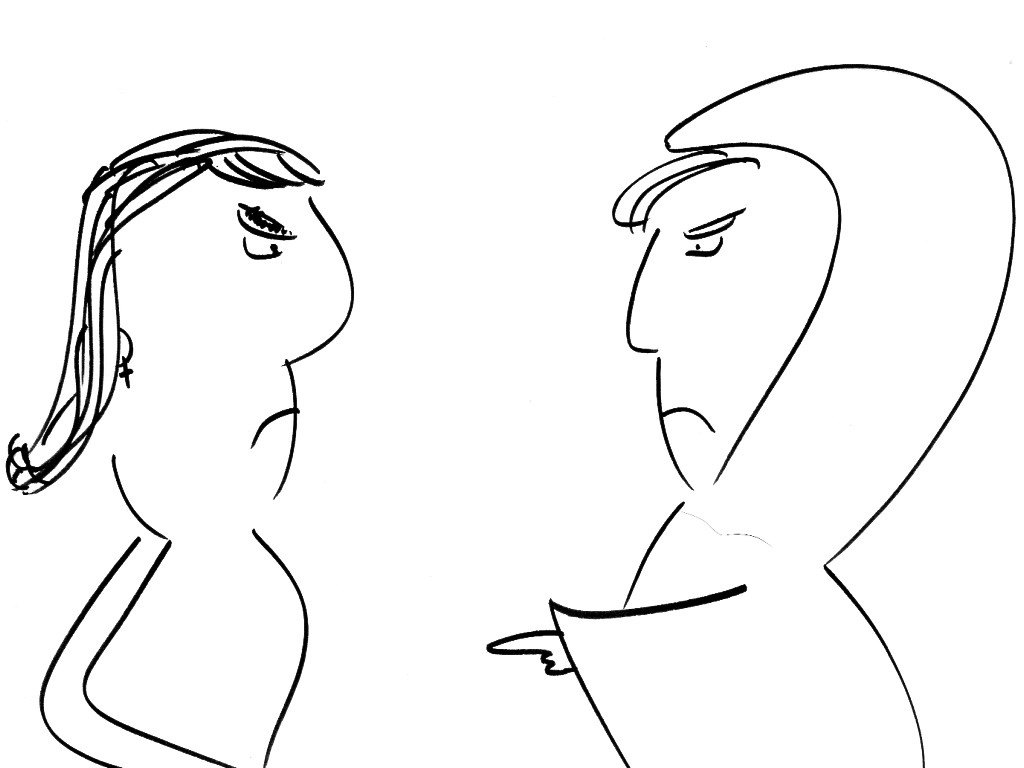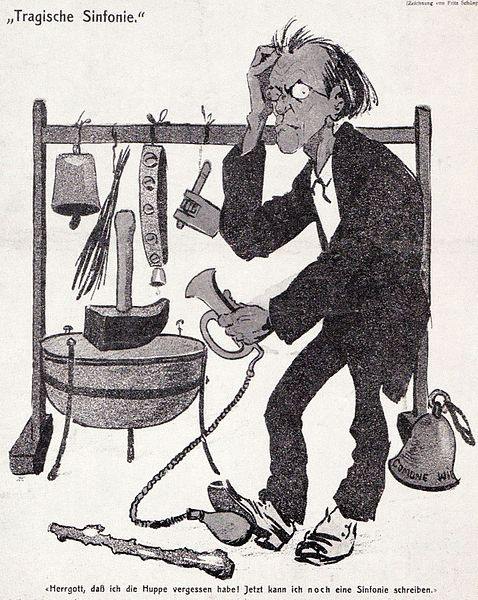You wanna know how it feels like to write 1000 answers?
Well this is how it feels like!
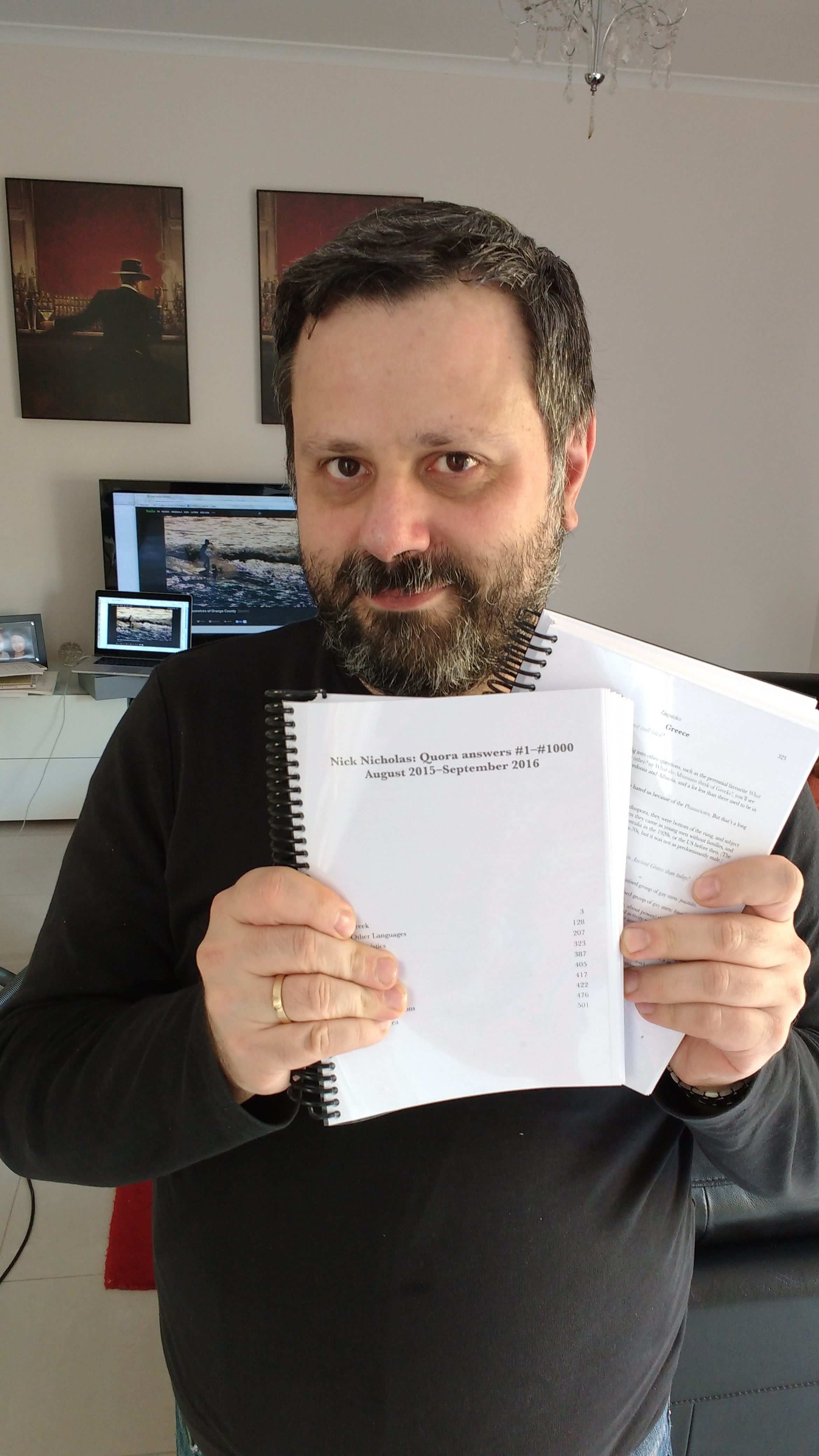
It feels like I should be grateful to Brian Bi for t3nsor/quora-backup. Which has made THIS possible:
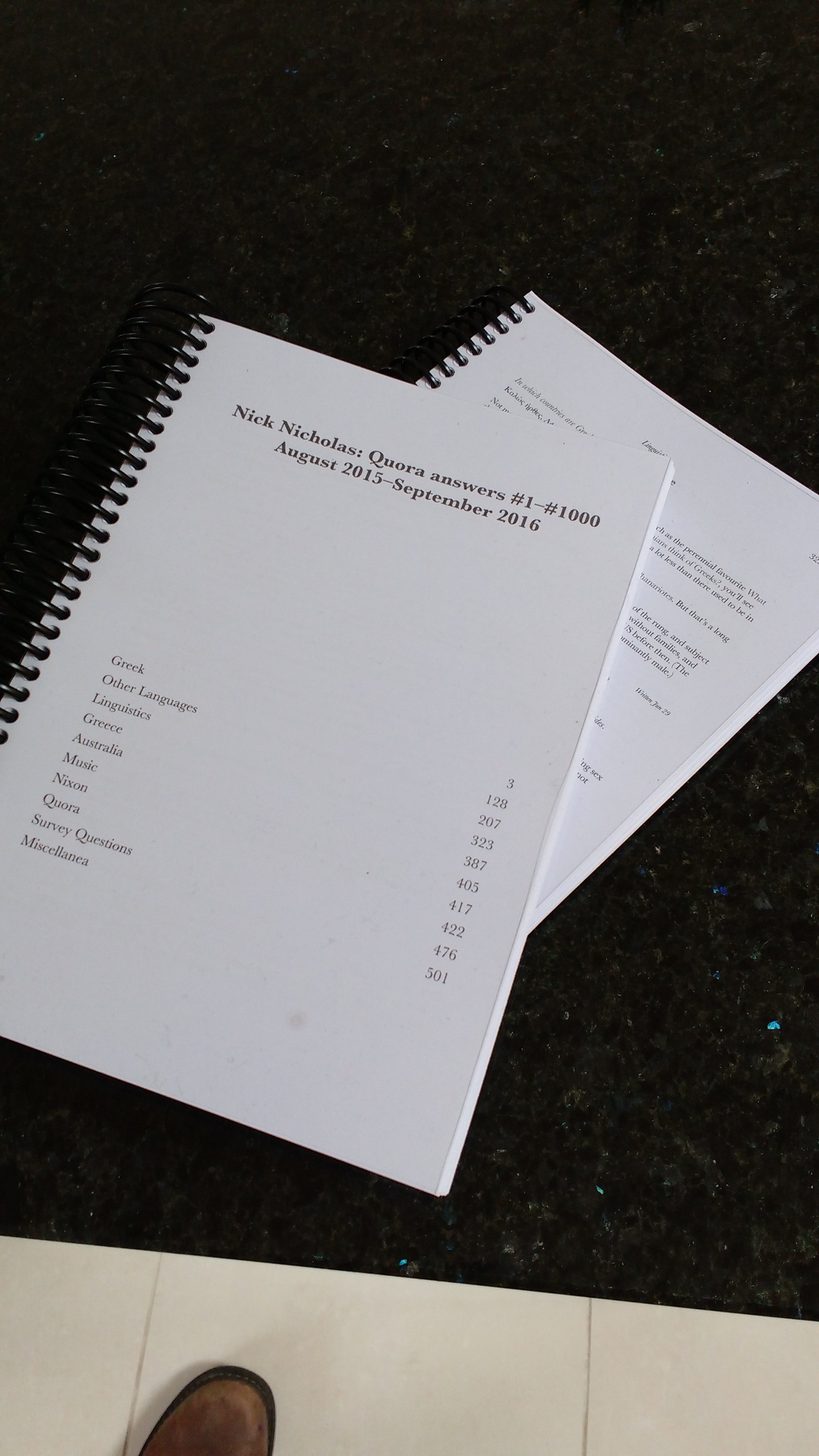
In glorious Baskerville.
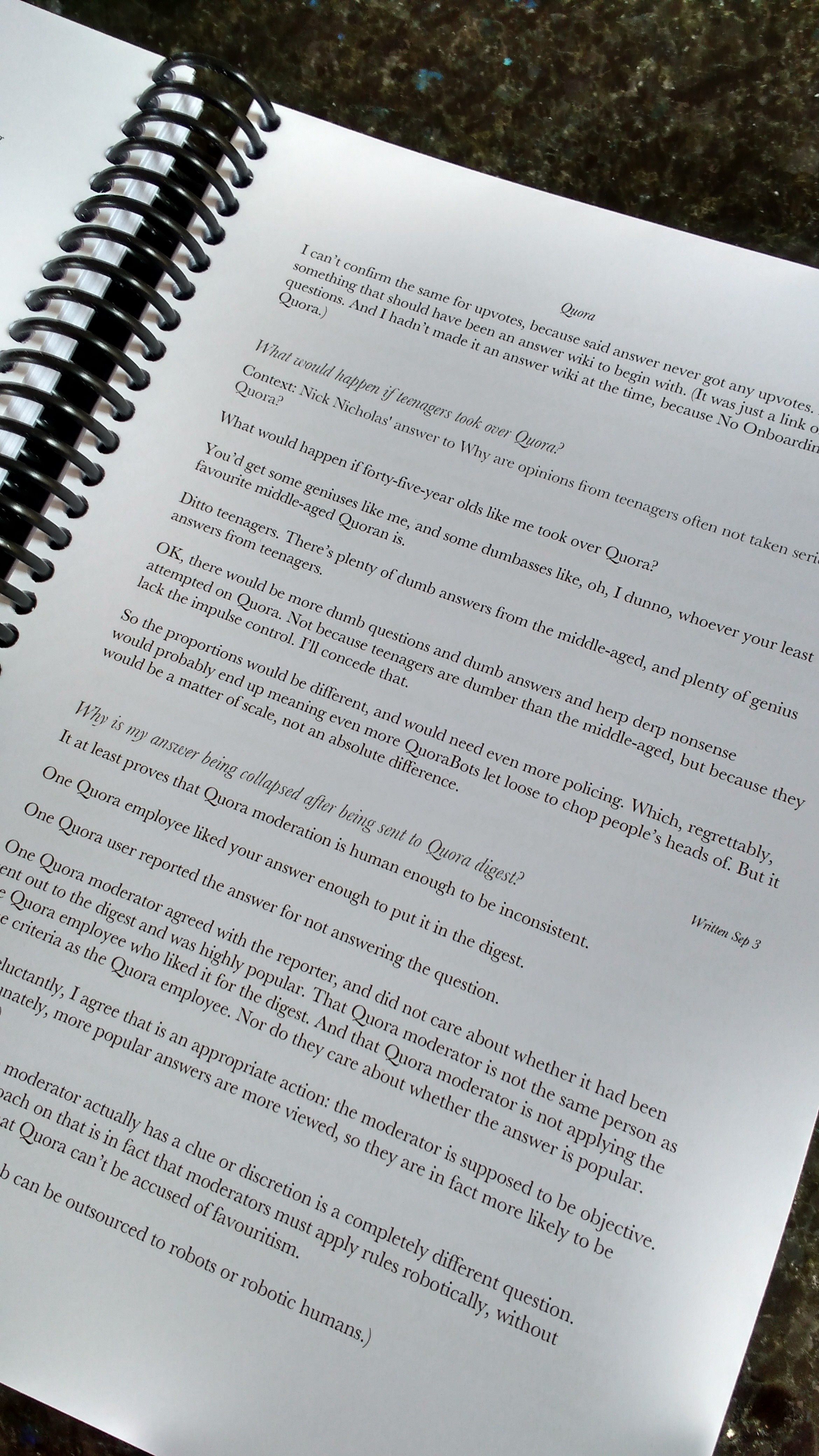
Yeah, Baskerville! Fond memories of my childhood World Book Encyclopaedia.
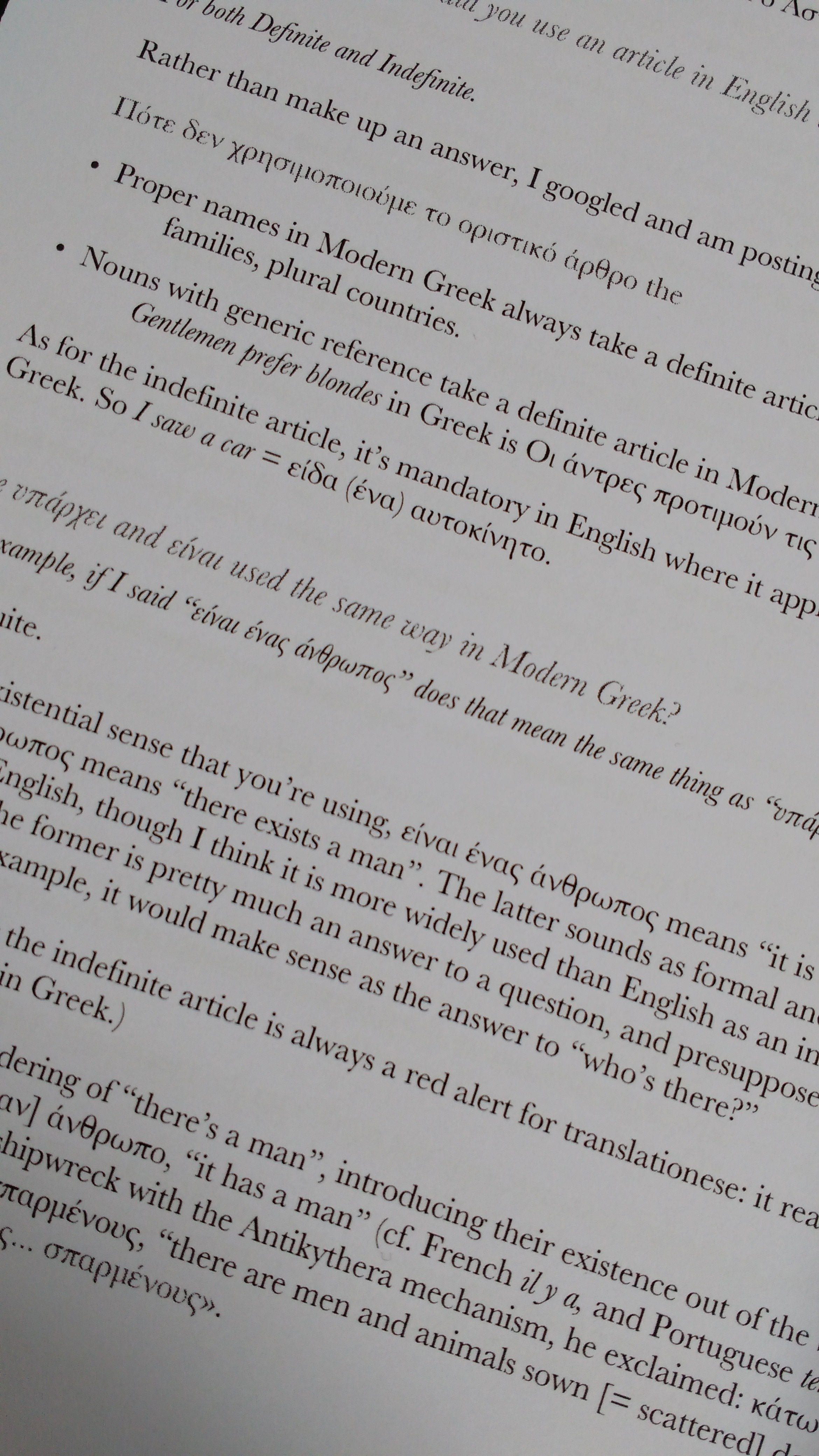
The plain Greek is a bit lumpy, but the italics make up for it. Almost.
Seriously? I do feel a sense of achievement. Some of those answers have been throwaway, but most of those answers, I’m proud of, throwaway or not. They’ve been me. And they’ve captured some good journeys.
Following Uri Granta’s lead, a few stats about the journey, although I’ve focused on different things.
The distribution of topics on the profile page is a sledgehammer, and I prefer to have a priority list of narrower topics. The topics list also doesn’t capture topics you don’t know about, but write about anyway.
Here’s my topic list as *I* actually like to think of it. Catch-all topics in boldface.
Greek Alphabet: 8
Modern Greek: 10
Greek Language: 201
English Language: 94
Latin: 9
Esperanto: 9
Lojban: 6
Klingon: 6
Specific languages: 27
Historical Linguistics: 13
Semantics: 7
Pragmatics: 4
Profanity: 4
Dialects: 13
Linguistics: 87
Etymology: 16
Diacritics: 3
Capitalisation: 3
Surnames: 7
Names and Naming: 5
Writing Systems: 3
Alphabets: 5
Language: 31
Grammar: 9
Words: 4
Crete: 7
Ancient Greece: 20
Roman Empire: 9
Ottoman Empire: 6
Greek History: 3
Culture of Greece: 7
Classics: 4
Greek Ethnicity and People: 12
Greek Mythology: 6
Cyprus: 2
Greece: 23
Politics of Australia: 6
People of Australia: 6
Australia: 15
Classical Music: 17
Music: 11
Orthodox Christianity: 3
Richard M. Nixon: 6
Quora Usage Data: 10
Quora Community: 12
Quora: 78
Survey Question: 26
Other: 129
… That’s a lot of Other; and I really couldn’t get it any more granular.

At least the blues in the pie chart confirm it: I’m still a linguist.
The graph of the addiction seems to point to January and June:

And how loquacious have I been?

Minimum 1, maximum 1715, average 191, median 147, mode 81.
